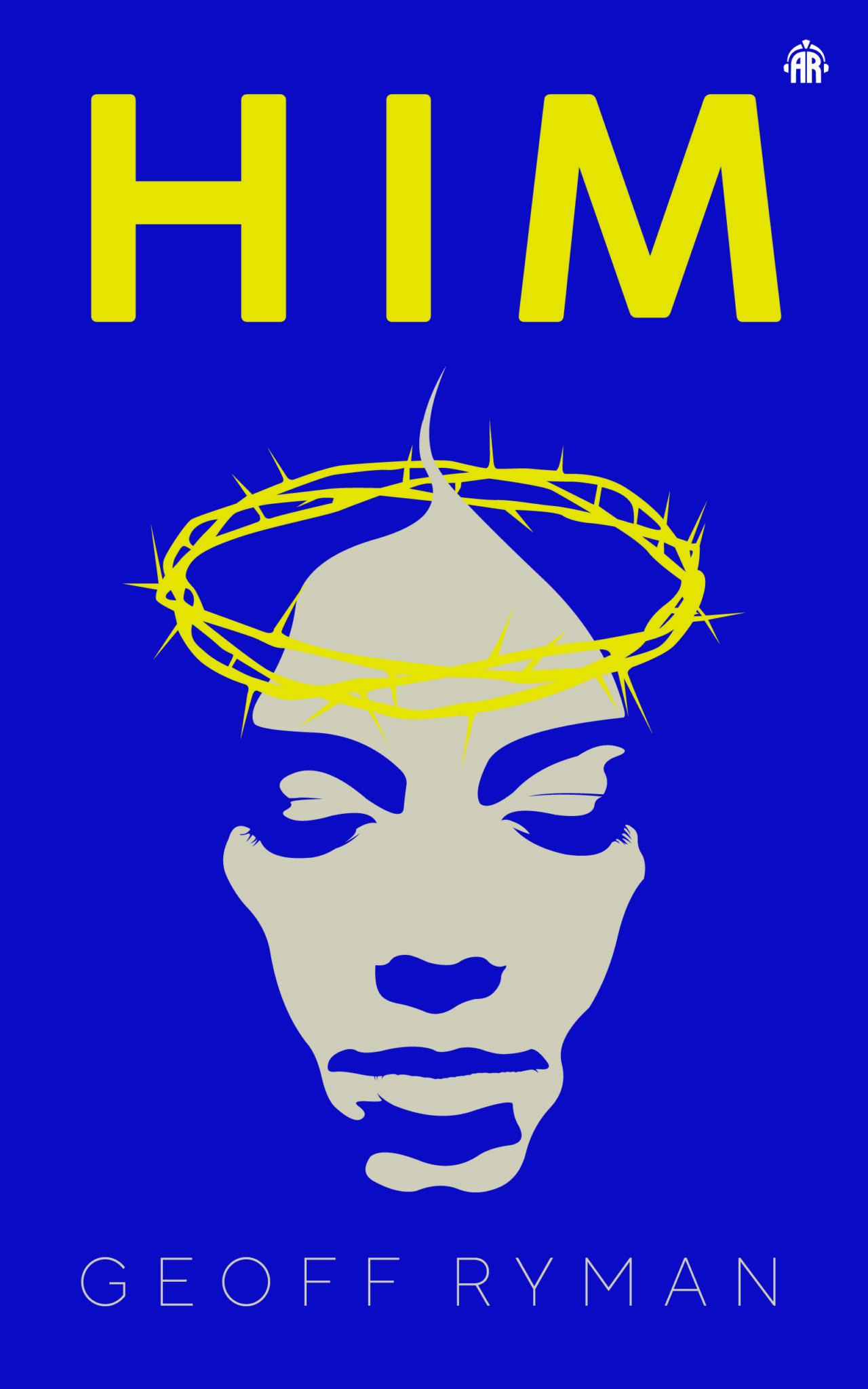Him, by Geoff Ryman
22 Dec 2023The Book
Synopsis:
The long-awaited new book from multi-award winner Geoff Ryman
An extraordinary science-fiction novel about identity, divinity and alternate reality – the story of the son of God.
“Women, of course, can not be sons of God,”
In the village of Nazareth, virgin Maryam and the wife of Yosef barLevi gives birth to a miracle: a little girl. She is named Avigayil, after her grandmother.
But as Avigayil grows, it’s clear she believes that she is destined to be someone greater than just the daughter of Maryam. From leading a gang of village boys to challenging the priests in the temple, Avigayil is determined to find her way as Yeshu, a man.
Yeshu can work miracles. He can see futures. He can speak for God.
A gripping, thoughtful sci-fi novel, tackling family, the multiverse and the survival of love through immense change and crisis.
My Review
“Women, of course, can not be sons of God.”
Him is a really ambitious gender bent retelling with science fiction influences inspired by Jesus' life, written by Geoff Ryman, and published by Angry Robot. This particular niche of speculative fiction has always fascinated me, so I was really excited by the perspective of reading it; and Ryman nailed it, creating a thought-provoking story that stays with you and that landed directly in my top reads of the year.
Ryman takes a bold decision starting the novel at the end of our story, with Maryam receiving the news about her son condemn, quickly jumping back in time to the previous months to the miraculous conception that Maryam experiences; how to avoid the problems she's quickly married to Yosef barLevi, a good man whose unorthodox religious ideas ends provoking his exile from his natal town. Happiness soon comes to the marriage, as Maryam gives birth to a girl, who receives the name of Avigayil; Yosef accepts her as his own daughter.
However, nobody is really ready to understand the scope of Avigayil's existence, or even questions as the identity, when being five years old, Avigayil's starts identifying as Yeshu, a boy. Ryman chooses to portrait all the story from the perspective of Maryam, showing how she cannot grasp the implications of her son; the relationship between them suffers from it, not acknowledging Yeshu's identity until really late.
Mixed with this complicated story, Ryman continues exploring a rather unknown aspects of the character, taking an important focus on the childhood and the family, often overlooked in the official sources. With the pass of time, the break between Maryam and Yeshu becomes even bigger; Maryam decides to focus on the rest of her family, meanwhile the Son starts his predication.
Ryman gives an enormous amount of nuances to Maryam's character, as a mother and as the leader of the family after Yosef's death; she's protective of all her siblings. Even in the case of the Son, she deeply cares; when she finally understands the nature of Yeshu, she becomes one more of the Ekklesia, all until the end comes.
It's magnificent how some of the evangelical passages are recreated and, in some cases, given a deeper meaning. In conjunction with those fragments, Ryman has created a really faithful world to what the historical sources tell about the Judea under Roman's occupation.
I cannot recommend this book enough, because it's an excellent thought provoking piece, going deep into questions like gender identity, family, and acceptation. Ryman has nailed Him; do yourself a favour and read it.
The Author/s

Geoff Ryman
Geoffrey Charles Ryman (born 1951) is a writer of science fiction, fantasy and slipstream fiction. He was born in Canada, and has lived most of his life in England.
His science fiction and fantasy works include The Warrior Who Carried Life (1985), the novella The Unconquered Country (1986) (winner of the British Science Fiction Award and the World Fantasy Award), and The Child Garden (1989) (winner of the Arthur C. Clarke Award and the Campbell Award). Subsequent fiction works include Was (1992), Lust (2001), and Air (2005) (winner of the James Tiptree, Jr. Award, the British Science Fiction Award and the Arthur C. Clarke Award, and on the short list for the Nebula Award).

